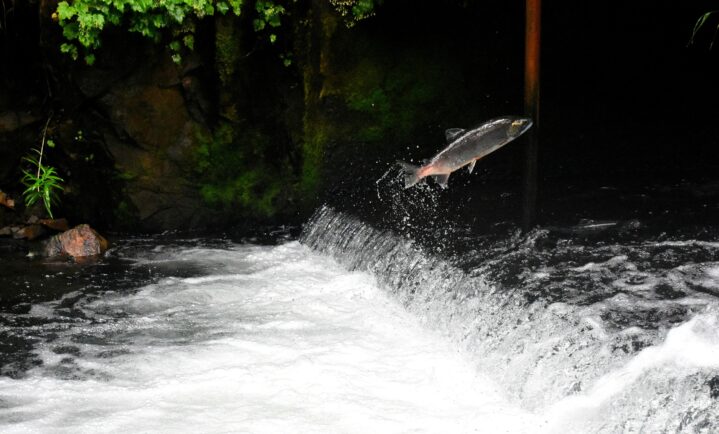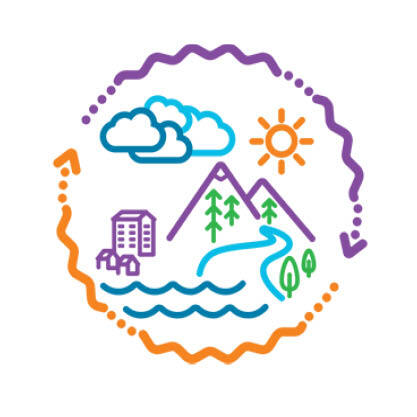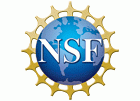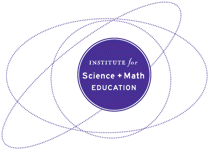Bringing Fish Back and Other Lessons From Taholah Youth to Support a Flourishing and Just World

- Students need to learn: the history of places, how to respect Land, and how to engage in Tribal activities to protect Land.
- Teachers, Community Members, & Elders should share their knowledge—finding meaningful ways to connect lessons to the past, present & future of the Land and Native people. They should hold visitors and Tribal members accountable for following Tribal laws and respecting Land.
- Guests to reservations should learn about whose Land they are on and hold themselves responsible for following Tribal laws while camping, harvesting, or visiting.
What Is The Issue
The issue is that we fail to educate ourselves about what is happening to the environment and how we can help it flourish. Many people don’t know about the problems Tribal youth face today. There are fish shortages, invasive crabs, inland relocation due to sea level rise, excessive logging, and the illegal overharvesting of our natural resources—such as cranberries, cedar, and ferns. These issues have major effects on the future of the Quinault—our future. There are things we can do to solve some of these problems. We need more opportunities to engage in Native STEM learning, to sustain the culture around our Land, and to learn to better self-govern.
Authors:
AUTHORS: Kaylie Hendricks, Keeliana McCrory & Luvaila Smith (Quinault Tribal Members & Taholah High School Students); CONTRIBUTORS: Jerry Walter, Ellen Ebert & Kelsie Fowler; EDITOR: Philip Bell | JUNE 2025
Reflection Questions
- How do elders treat our reservation and Lands? How does that compare to how we treat it today? What can we learn from elders about sustaining our future?
- What are the Tribal treaties, laws, and regulations of the Lands you live on and/or visit?
- How often do you take the time to learn about the places and living relations around you, and how to best take care of them?
Things To Consider
- Learning Indigenous Land Practices & Self-Governance. Tribal communities often struggle to sustain cultural knowledge and ways of life. While there are plenty of resources to help us understand and respect one another, people tend to be out of touch with the environmental changes and climate impacts going on around them. Therefore, developing a relationship between the Land and its people is important for understanding the past and securing a thriving future for the next seven generations. However, today youth are not taught very well to learn, understand, and respect the teachings of our Lands. Adults need to be examples who show traditional ways of life, and youth need to remind adults that they have an important role in passing down history and knowledge about how to care for the Land.
- Fisheries & Hatcheries. In 2011, Quinualt hosted an event for 100,000 people, so we fished blueback for 100,000 people. For years after, the blueback runs were dry—and they have never fully recovered. In school, we learn about this and how to raise salmon through our hatchery to restore these runs. But we don’t only learn about salmon—we learn about the entire marine ecosystem. We monitor water quality, invasive European green crabs, and help document washed-up marine mammals. We also learn to sustainably harvest shellfish, restore stream canopies, and replenish soil and riverbanks by tilling in fish guts and kelp.
- Forestry, Slash, & Landslides. Learning about land-based issues is also important since everything is connected. On August 2, 2023, a wildfire in Taholah, Washington started in a timber sale unit with a mix of cedar slash and standing trees. Contractors, hired by the Tribe, left slash on the ground, which fueled the fire and hindered new tree planting. Quinault also faces landslides, made worse by more severe storms due to climate change. In December 2018, two landslides closed a key highway and blocked access to Taholah. The area, which is about a mile from Taholah, is very concerning due to a slow-moving landslide that risks completely collapsing the highway and devastating the surrounding forest and clogging the nearby waterway.
Attending to Equity
- In school it is important for teachers to understand where they are at and who they are teaching. Showing and teaching students how to respect the Land that they live on is important for any student and adult to adjust to. We have lots of knowledge from our grandparents about fishing, the trees, harvest, and the Land around us and this should be honored.
- The messages youth receive about their futures need to shift. They should be taught that what they do has an impact on the Earth and future generations.
Recommended Actions You Can Take
- Teach the importance of using a Native STEM approach to address issues impacting your community. Design schooling to educate toward cultural knowledge and create pathways for young people to learn about forestry, hatchery, harvesting, and foods.
- Know and follow the regulations of the Lands you live on, including Tribal laws, regulations & treaties (e.g., Fish Wars).
- Engage in restoration projects of cranberry and other native plant sites. Add honorable harvesting guidance and permit reminders to informational signs.
- Partner with your Tribal Department of Natural Resources to learn from experts and to introduce students to sustainable careers to increase Tribal representation.
- Create multigenerational spaces to discuss and explore community issues and then engineer different solutions.
ALSO SEE STEM TEACHING TOOLS
- Indigenous Rights & STEM Ed
- Indigenous STEM Education
- Place-based Science Ed
- Climate Justice Learning
STEM Teaching Tools content copyright 2014-22 UW Institute for Science + Math Education. All rights reserved.
This site is primarily funded by the National Science Foundation (NSF) through Award #1920249 (previously through Awards #1238253 and #1854059). Opinions expressed are not those of any funding agency.
Work is licensed under a Creative Commons Attribution-ShareAlike 4.0 Unported License. Others may adapt with attribution. Funded by the National Science Foundation (NSF). Opinions expressed are not those of any funding agency.


 Email Feedback
Email Feedback


